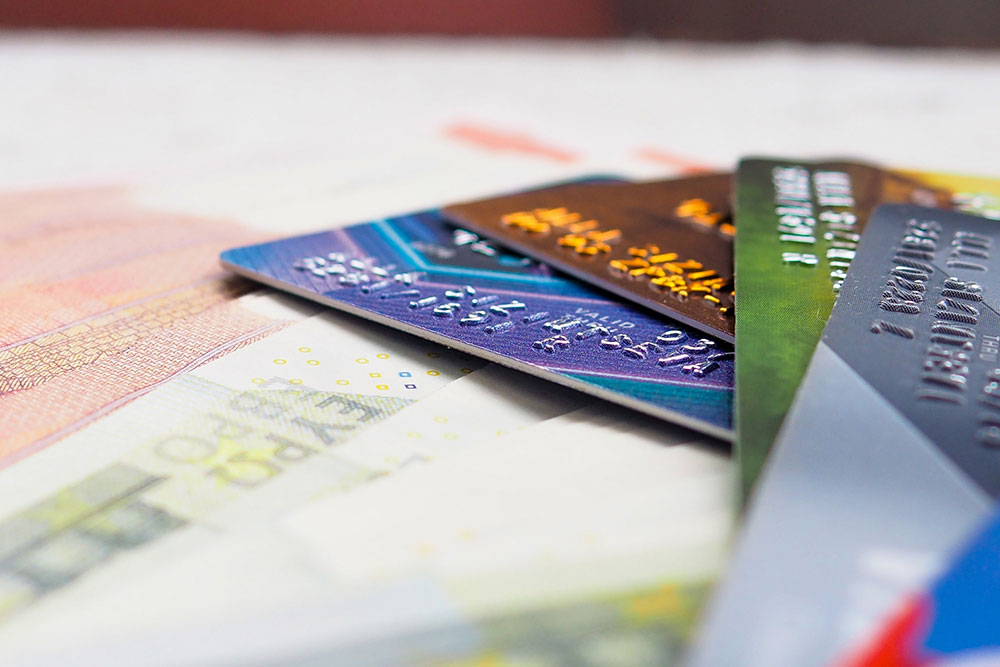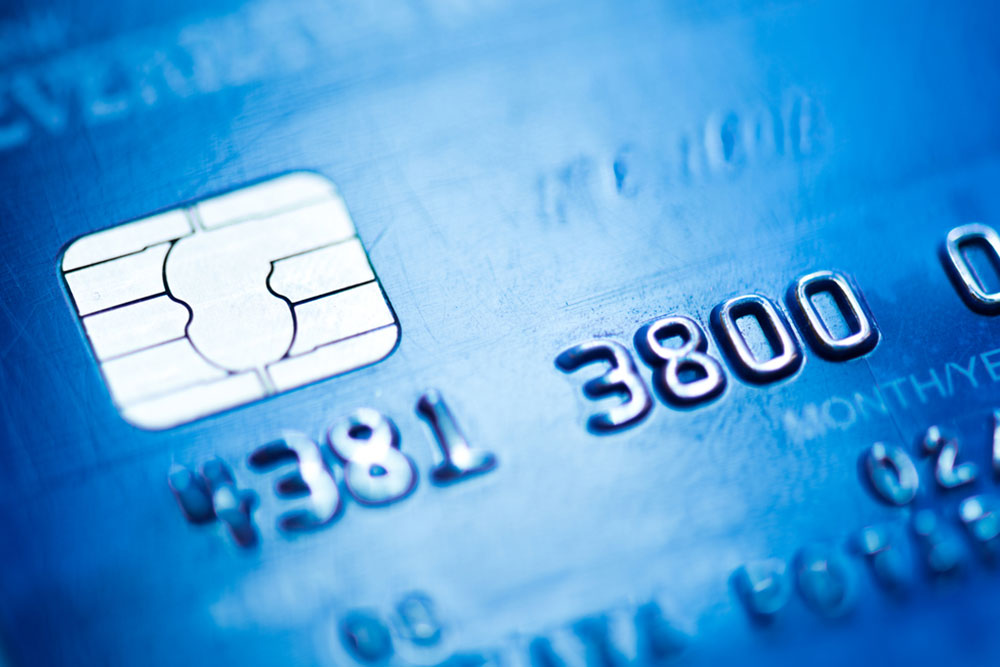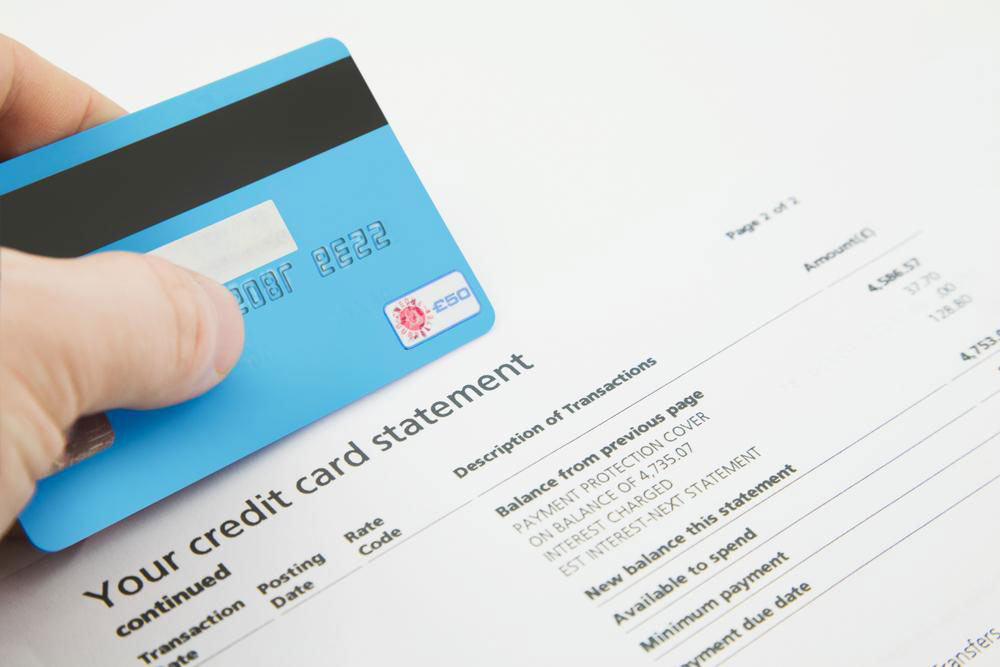Essential Tips for Choosing a Secured Credit Card
Discover how secured credit cards can help individuals with poor credit build or rebuild their credit profiles. Learn about different types of secured cards, key features, benefits, and top options to choose from. Essential tips on approval criteria, interest rates, deposits, and fees are discussed to guide your decision-making process effectively.
Sponsored

Key Factors to Consider When Selecting a Secured Credit Card
Building a strong credit profile is quick with a credit card, but obtaining a good one often requires good credit. So, how can those with poor credit start building their score? Secured credit cards are the answer. These cards need a cash deposit upfront, typically equal to your desired credit limit. For instance, depositing $500 grants you a $500 credit limit.
Understanding secured credit cards
These cards require a cash deposit to reduce the lender’s risk; the deposit can be used to cover unpaid bills if you default. Making timely payments can help you transition to unsecured cards.
Comparing secured, unsecured, and prepaid cards
The main difference lies in credit score requirement and deposit. Secured cards require a deposit and are suitable for those with bad credit, while unsecured cards need good credit. Prepaid cards involve preloading funds, similar in usage but different in purpose.
If you're considering secured credit cards, keep these points in mind:
Not all secured cards are equal
Seek cards reporting to all three major credit bureaus—Equifax, TransUnion, and Experian—to build comprehensive credit history.
Credit history impacts approval
Lenders may still perform a hard inquiry to assess your previous payment habits, even with poor credit.
Deposit security, not payment
The deposit secures the credit line but isn’t used to pay bills. It’s refundable upon closing your account or upgrading to unsecured.
Interest rates are higher
Secured cards attract elevated interest rates, so timely payments are essential to avoid extra costs.
Fee disclosures
Check if fees are charged upfront or deducted from your deposit, and ensure they comply with the CARD Act of 2009 regulations.
Discover it® Secured
Offers rewards, no annual fee, and a low intro APR. Suitable for credit scores from 350-629, with deposits starting at $200 and a credit limit up to $2500.
Capital One® Secured Mastercard®
No annual fee, monthly deposit options, and a credit limit starting at $200. Ideal for applicants with credit scores between 350-629.
OpenSky® Secured Visa®
No credit check, refundable deposit up to $3000, and flexible deposit options. Best suited for those with credit scores between 350-689.
DCU Visa® Platinum Secured
Features a low interest rate of 13.75%, though requires a higher deposit of $500. Suitable for credit scores up to 850.
Green Dot Primor® Visa® Gold
Offers the lowest rate at 9.99%, with a deposit cap of $5000. Designed for broad credit score ranges, but carries higher interest rates for lower scores.
Navy Federal nRewards® Secured
Rewards program with points for every dollar spent, no annual fee, and deposit-based credit limits. Open to military members with scores from 350-689.
Armed Forces Bank Credit Builder Secured Visa®
Allows increasing deposit amounts in $50 increments, with a $300 minimum, suitable for those with scores between 350-689.






